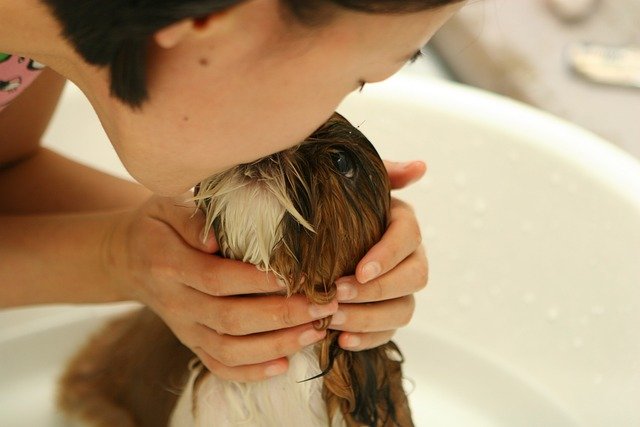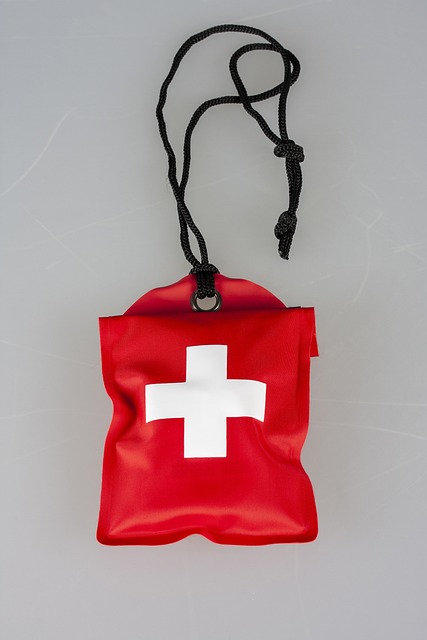Dogs For Sale: Choosing the Right Dog or Mini Yorkie
Finding a dog for sale is exciting, but it’s important to balance emotion with research. Whether you want a companion, a miniature dog for apartment living, or a pedigree yorkie or yorkshire terrier, understanding temperament, care needs, and reputable sources helps ensure a healthy match. This guide walks through key choices and realistic cost expectations when shopping for dogs for sale.

What to ask before buying a dog?
Before purchasing a dog, gather information about the animal’s health history, temperament, and socialization. Ask the seller or breeder for vaccination records, vet examinations, microchip details, and any genetic testing relevant to the breed. For mixed or shelter dogs, request behavioural notes and any known medical treatments. A written contract or adoption agreement that outlines health guarantees, return policies, and spay/neuter requirements protects both parties and helps prevent surprises.
Is a miniature dog the right fit?
Miniature dogs are often chosen for smaller living spaces, portability, and lower food costs, but they still need regular exercise, mental stimulation, and veterinary care. Consider energy level, grooming needs, and noise sensitivity—small dogs can be vocal. Health issues specific to small breeds (dental care, luxating patella, and some respiratory concerns) mean regular checkups are important. If you travel or live in an urban environment, a miniature dog may be a great fit provided you can meet its social and training needs.
Why choose a yorkie?
A yorkie is popular for its compact size, spirited personality, and suitability for many households. Yorkshire terriers are intelligent, often bond closely with owners, and can adapt to apartment or family life when properly socialized. Grooming is a consideration: many owners prefer regular trims or maintenance to keep the coat manageable. Prospective yorkie buyers should learn about typical temperament, energy levels, and the need for early training to curb small-dog attitude and encourage good manners.
What makes the yorkshire terrier special?
The yorkshire terrier (often shortened to yorkie) is a small breed with a big personality. Historically bred as a working terrier, the modern yorkshire terrier is often a companion dog prized for loyalty and alertness. Health screening for breeding stock—hip and patella evaluations, dental checks, and eye exams—reduces risk of inherited conditions. If choosing a yorkshire terrier from a breeder, look for evidence of responsible practices: health clearances, clear lineage if desired, and a willingness to answer follow-up questions about care and temperament.
How is a mini yorkie different?
A mini yorkie—sometimes called a teacup or miniaturized yorkshire terrier—refers to very small individuals of the breed or crossbred variants marketed for their size. Mini yorkies can attract buyers seeking an even smaller companion, but size breeding extremes can increase health risks. Clarify whether a puppy is a purebred yorkshire terrier, a registered micro-line, or a crossbreed, and request health documentation. Expect similar grooming and training needs to standard yorkies, but be mindful of fragile bones, dental crowding, and feeding requirements for tiny dogs.
When considering dogs for sale, costs can vary widely by source, breed, and health background. Below is a practical comparison of common buying options and typical cost ranges.
| Product/Service | Provider | Cost Estimation |
|---|---|---|
| Registered Yorkshire Terrier puppy | AKC Marketplace | $1,200–$3,000 |
| Mini Yorkie (teacup/miniature) puppy | Independent breeders / PuppySpot | $1,500–$4,000 |
| Adoption (Yorkie or mixed small dog) | Local shelters / Petfinder | $50–$400 (adoption fees) |
| Broker/Online marketplace listings | Puppy brokers / classifieds | $800–$3,500 |
Prices, rates, or cost estimates mentioned in this article are based on the latest available information but may change over time. Independent research is advised before making financial decisions.
Conclusion
Choosing a dog for sale—whether a general dog, a miniature dog, a yorkie, yorkshire terrier, or mini yorkie—requires thoughtful research into health, temperament, and responsible sourcing. Prioritize reputable breeders, verified shelter adoptions, and clear medical records. Factoring in ongoing costs like veterinary care, grooming, training, and supplies will help ensure a lasting, healthy relationship with your new companion.






